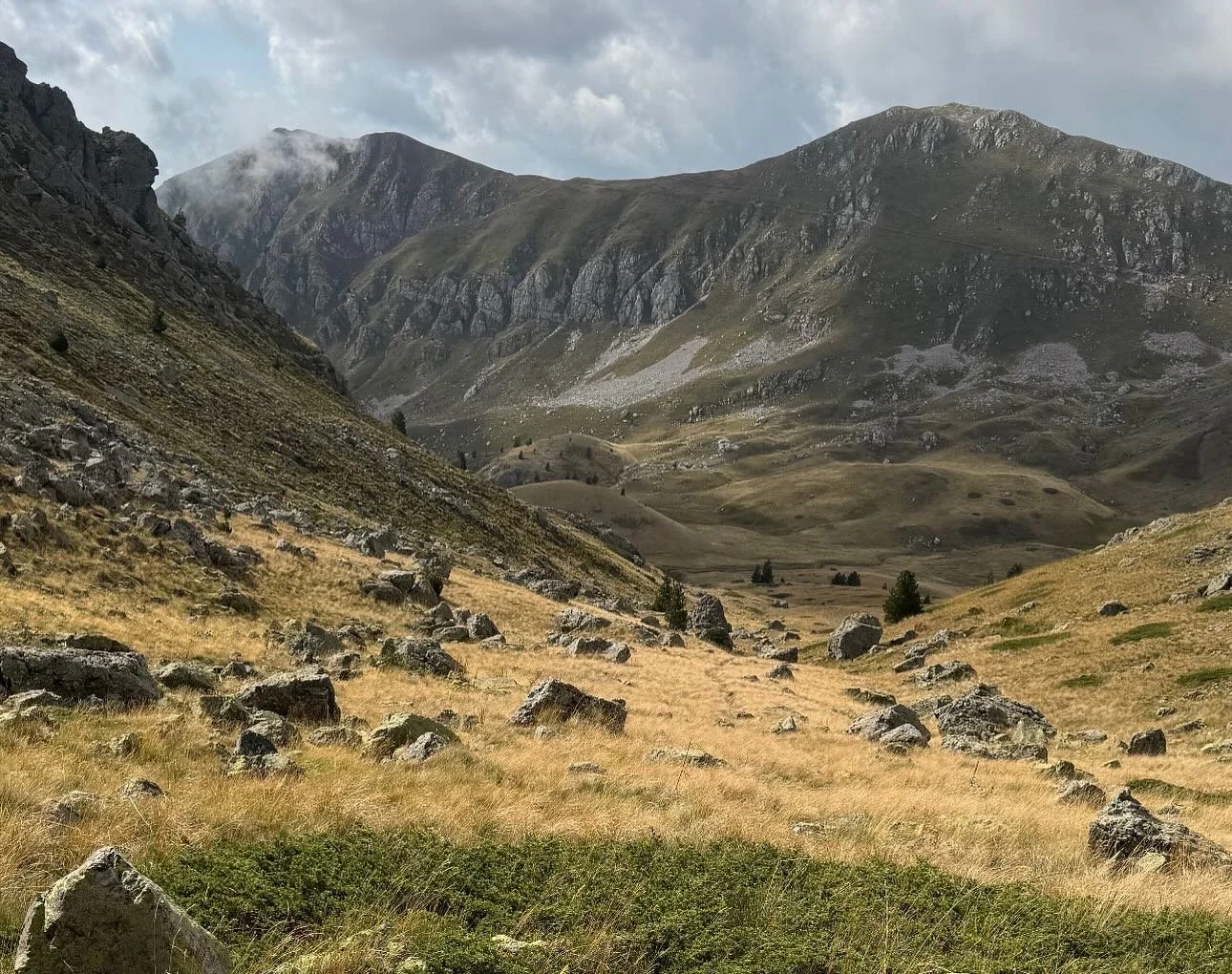
Efficacy vs effectiveness vs efficiency in communications and marketing
We hear a lot about efficiency these days. Particularly when people are talking about generative AI and its impacts on the business world. This triggers fear of becoming obsolete in some (FOBO) and bottom-line thinking in others (e.g., “I can save FTEs by automating my shop!”). I suggest a process revision model that starts with strategic ideation, tests efficacy and effectiveness, then finally considers efficiency.

5 tips on how young people can prepare to succeed in the Age of AI
Here are my top five tips on what young people need to succeed in the emerging Age of AI and Automation. I got a lot of notes from people who read my post on how AI is an advantage for senior, experienced employees. Many asked me what I thought the keys to success for younger employees are. I’ve taught undergrads for 24 years at McMaser University in our communication studies program.

AI is a big advantage for more senior employees
Are older workers getting pushed out of jobs in various industries by AI? I offer a contrarian perspective. I think older workers have a distinct advantage in an AI-driven world specifically because of their experience, subject matter expertise and perspectives. Read on to find out.

5 Steps to rethink your workflows around AI to succeed
Last year, at about this time, I predicted that at the end of Q2 2025 or the beginning of Q3, we’d see the beginnings of a moral panic around large organizations - corporations and governments - using generative and agentic AI to replace white collar workers.
This is now happening. Read on to learn five steps you can take to thrive in the AI-driven workplace

Protecting vulnerable people from digital misinformation
Several readers suggested that I write about vulnerable populations in an Age of AI. Take seniors for example. Already, digital life is bewildering and disempowering for many who are not familiar with ins and outs of the internet and smartphones. Imagine how confusing it is now for those folks — it is hard for them to tell what is real and what is fake. An AI avatar or a digital image can seem more real than the real thing to many.
Imagine the feeling of powerlessness, vulnerability and helplessness that older people — or any one who is uncomfortable with the complexities of digital life — in a world peopled by AI agents who convincingly look like fake people.

In an age of AI and automation, happiness is deeply human
We are deep into the digital age now. The transition to a digital life started with mass media in the 1950s and accelerated with the web and social media is now in high gear with generative artificial intelligence. Information is easier to access, knowledge of current events is nearly instantaneous, and we have the possibility to connect with pretty much anyone, anywhere. It all seems so surreal, so awesome.
So why are we so unhappy? Why do we feel like there is something wrong? Why do we have a feeling that things are not as they seem or should be?

Learn AI or become irrelevant
Dr. Korinek says some pretty shocking things in this interview, in a calm and quiet tone. The labour shortages we have talked about for so many years may soon be made irrelevant, when a significant portion of white collar and other procedural work is replaced and structural unemployment soars.
Korinek's advice as an economist is that the best thing a person can learn right now is how to use AI as a force multiplier in their work. That means we are heading away from a written culture toward a much more oral one.
New world coming. Learn AI or become irrelevant.

Get started by defining your value
I have decided to restart my blog, after a few years of absence.
In this first post, I talk about how generative AI is affecting the practice of professional communication and how you can take steps to integrate generative AI into your practice for success!
I also discuss the CPRS National Conference 2025, a major national award that I won, and an upcoming two-afternoon virtual PD course on Applied Gen Ai for Communicators and Marketers that I am offering.
